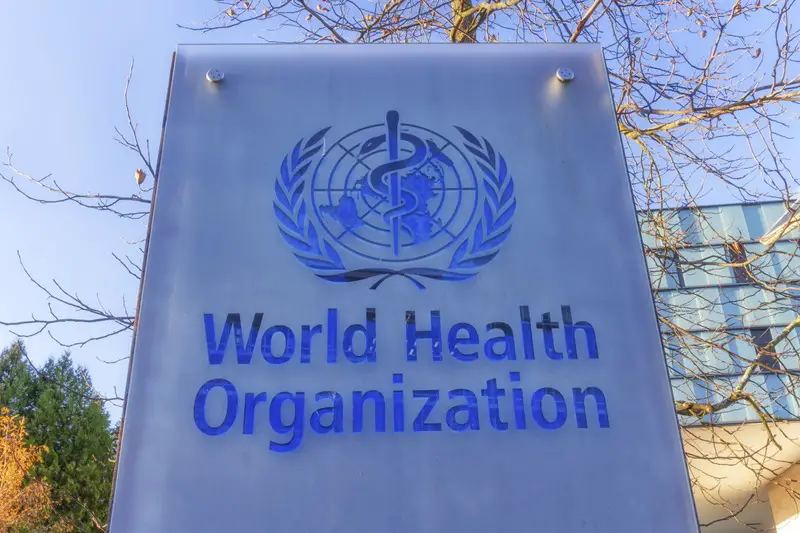Following reports of an ongoing outbreak of a virus thought to be one of the worst diseases in the world in West Africa, on Tuesday, February 14, the World Health Organization (WHO) convened an urgent meeting.
In order to accelerate the research and development of vaccines and treatments for the deadly Marburg virus, the organization called the meeting with experts from around the world.
The infection, which is incurable and has an infection rate of 88%, is raising concerns that it may suddenly strike the world.
Nine individuals were killed by the virus, which is regarded as being more hazardous than Ebola and has been present in Equatorial Guinea. Officials think that at least a dozen additional people have the illness.
In the province of Kie Ntem, the nine cases were discovered. Movement is restricted in the bordering countries of Gabon and Cameroon.
The WHO characterized the virus as “epidemic-prone,” suggesting that it has the potential to become the next major pandemic. The virus is highly contagious and causes some patients to hemorrhage from their eyes.
Although producers would need to gather materials and conduct test trials on the vaccine, the Marburg Virus Vaccine Collaboration (MARVAC) estimated that it may take months before they develop a viable vaccine and make it accessible.
The virus has now been found twice in West Africa, with the most recent epidemic in Equatorial Guinea occurring months after the first one in Ghana.
Equatorial Guinea’s WHO National Representative, George Ameh, stated during the meeting that they have increased surveillance in the areas where the outbreak has been recorded. He claimed that the COVID-19 teams had been sent to the nation to assist in locating contacts.
On Monday, February 13, Equatorial Guinea and the WHO both acknowledged the first viral epidemic. The virus was discovered in samples taken from dead people who had symptoms like exhaustion, fever, diarrhea, and bloody vomit.
African fruit bats are naturally infected with the virus, although they don’t get sick from it. Cases of the Marburg virus are incredibly rare but also very lethal.
The virus kills roughly 88% of infected people, depending on the strain and the therapy given, despite the low annual global fatality rates.
The virus has no vaccine or known cure, but supportive care, such as medication and hydration, can lessen symptoms and increase survival rates.
The MARVAC team identified five experimental vaccines—the majority of which were created for the Ebola virus—as candidates for further research.
In 1967, there were viral outbreaks in Germany and Serbia for the first time.
Experts from the WHO have been dispatched to the nation to assist the afflicted regions in testing and treating patients who have symptoms.
| ReplyReply allForward |











